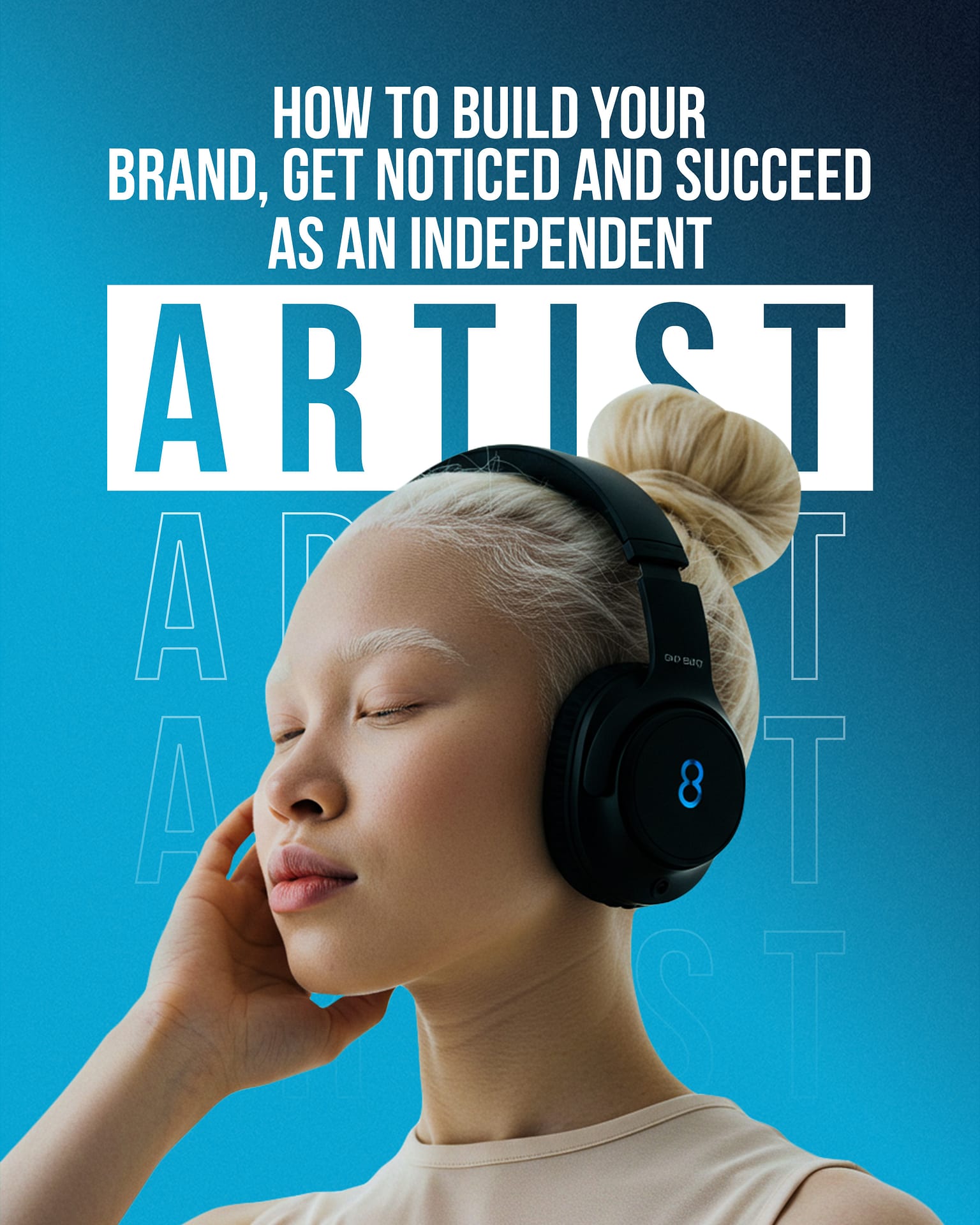Sam Ostler’s new single, “Lights,” then. It unfolds less like a sudden, intrusive glare and more like the slow, determined burn of a really good stage light finally finding its mark after a prolonged blackout. It’s pop, yes, vibrant and undeniably contemporary as advertised – clean lines, clear intentions. Yet, there’s a certain satisfying heft beneath the melodic uplift, a feeling that these notes have paid their dues in some invisible, emotional currency.
The song speaks of “darker days” and the emergence from them – familiar enough territory for any troubadour with a piano. But Ostler’s piano, you see, doesn’t merely accompany; it feels like it’s sketching the architectural plans of this rebuilt self, each chord a carefully placed, load-bearing stone. His soulful voice then navigates this new structure, asking, almost plaintively despite the overall strength, “Can you see me now? Do you believe?” It’s not vanity, this call for validation; it feels more like the final rivet in the construction of a new self-belief, the external echo solidifying an internal truth. Like someone who’s learned to not just weather the “falling rain” but to catalogue all the different ways it can sound on a very specific, slightly rusted tin roof they remember from somewhere.

This insistent yearning for acknowledgement, for our hard-won transformations to be witnessed, is such a profoundly human ache. He’s holding onto something precious, the song implies – a lesson learned, perhaps, or a core value. For a fleeting moment, the interplay of melody and resolve made me think of those antique astrolabes, complex instruments designed to find one’s position by distant stars. Is he holding onto his own, newly calibrated inner compass, now seeking celestial, or at least terrestrial, confirmation for his ambitious aspirations?
The production builds, not in a bombastic rush, but with a steady, sure-footed pulse that underscores this “unwavering resolve.” It’s the sound of a long journey undertaken, one foot determinedly placed after another, aiming for brightness. The track doesn’t just want to be heard; it seems to want to make genuine eye contact. And so, one is left pondering: if resilience found its voice and asked for your belief, how would you answer?

